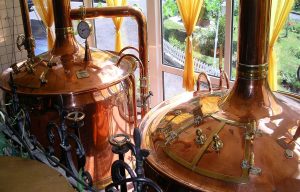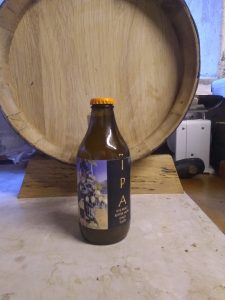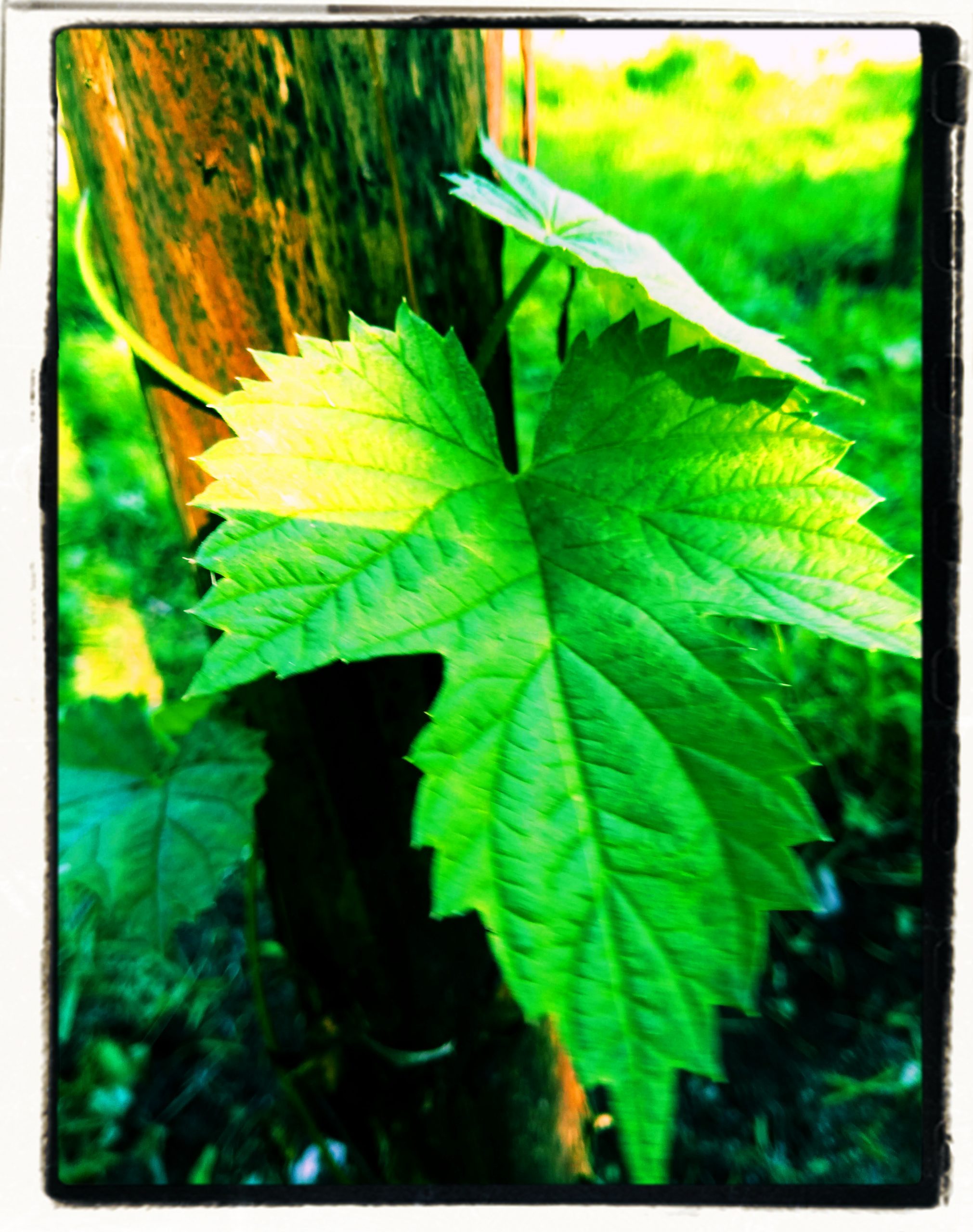The Reinheitsgebot, or German Beer Purity Law, is a 500-year-old law that limits the ingredients used in beer production. It is still in effect today, ensuring the quality of German beer.
Exploring the Impact of the Reinheitsgebot on German Beer Today

The Reinheitsgebot is a many centuries-old law that has had a profound impact on the taste and quality of German beer today. This law, which was first enacted in 1516, stipulates that beer can only be made with water, hops, and barley. This has had a lasting impact on the flavour and quality of German beer.
From this prerequisite the Reinheitsgebot has had a major impact on the brewing process. Since when limiting the ingredients that can be used, brewers are forced to be creative in their brewing process. This has led to the development of unique brewing techniques that have helped to create some of the most flavourful and unique beers in the world.
This has also had a major impact on the German beer industry. Since the limitation of ingredients have made brewers to focus on perfecting the flavour and quality, which have led to the development of a thriving beer industry in Germany.
The Reinheitsgebot is in this sense a testament to the power of tradition and the importance of quality in the brewing process. It is a reminder that, even in the modern world, tradition can still have a major impact and to continually upgrade the taste and quality of beer.
The History of the Reinheitsgebot: How the German Beer Purity Law Has Shaped German Beer Culture
 The Reinheitsgebot is a law that has been in place since 1516 and has shaped German beer culture for centuries. This law has been a cornerstone of German beer production and has been a major influence on the way beer is brewed and enjoyed in Germany.
The Reinheitsgebot is a law that has been in place since 1516 and has shaped German beer culture for centuries. This law has been a cornerstone of German beer production and has been a major influence on the way beer is brewed and enjoyed in Germany.
The Reinheitsgebot was first introduced in Bavaria in 1516 by Duke Wilhelm IV and Duke Ludwig X. The law was created to ensure that beer was made with only the highest quality ingredients and to protect the public from being sold beer that was of poor quality. The law stated that beer could only be made with barley, hops, and water. This law was later amended to include yeast as an ingredient in 1871.
The great impact of Reinheitsgebot has helped to create a sense of pride in German beer and a more competitive market for German beer. Our beer production in Hopvalley, we fully follow the Reinheitsgebot and the Germanic beer tradition in general as the greatest source of inspiration. As we now are starting year four of growing hops and making beer. At the same time as we are planning new events during the year as well as production of beer and other related products.
Click here for the Swedish version of the blog post


